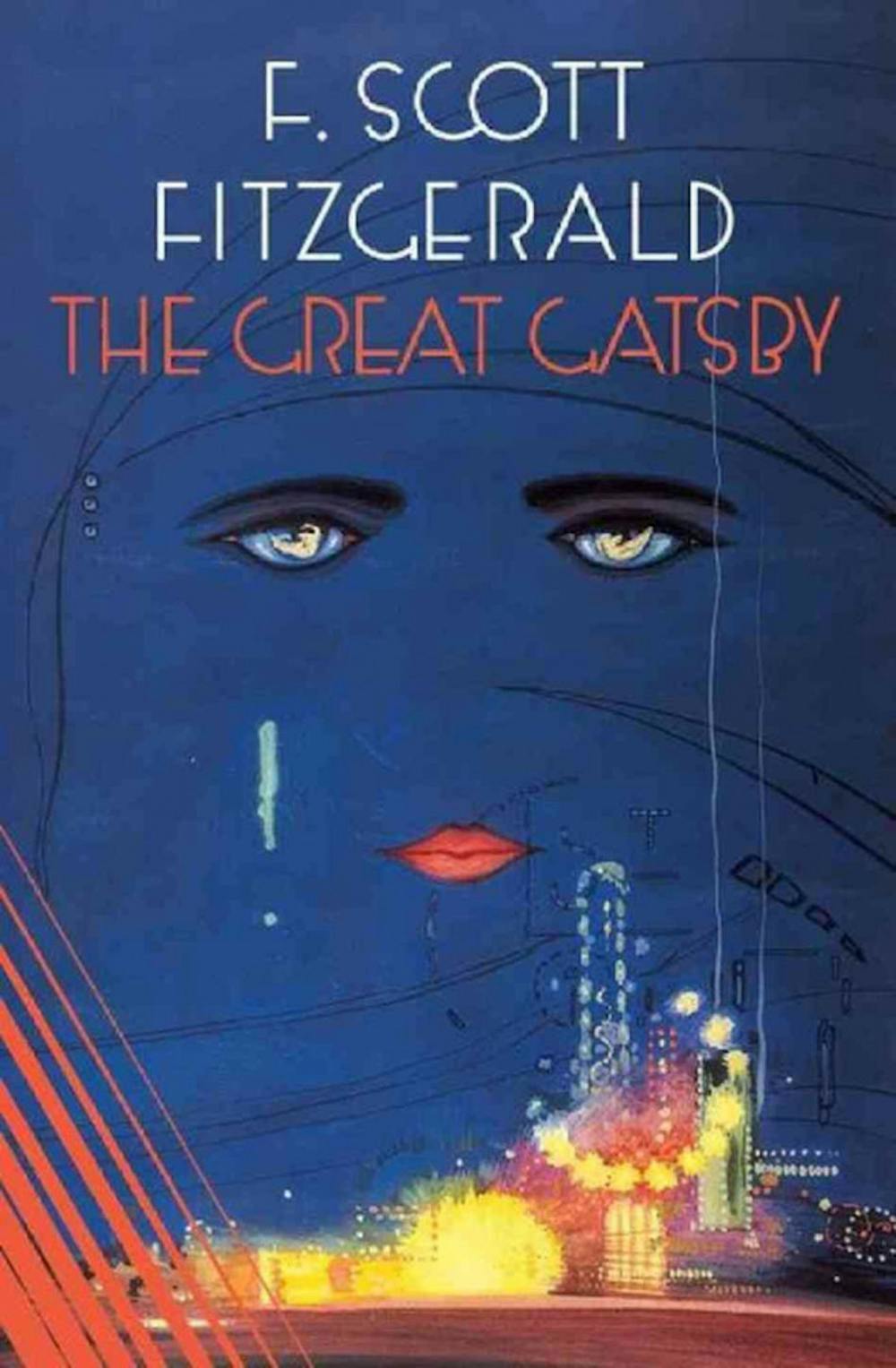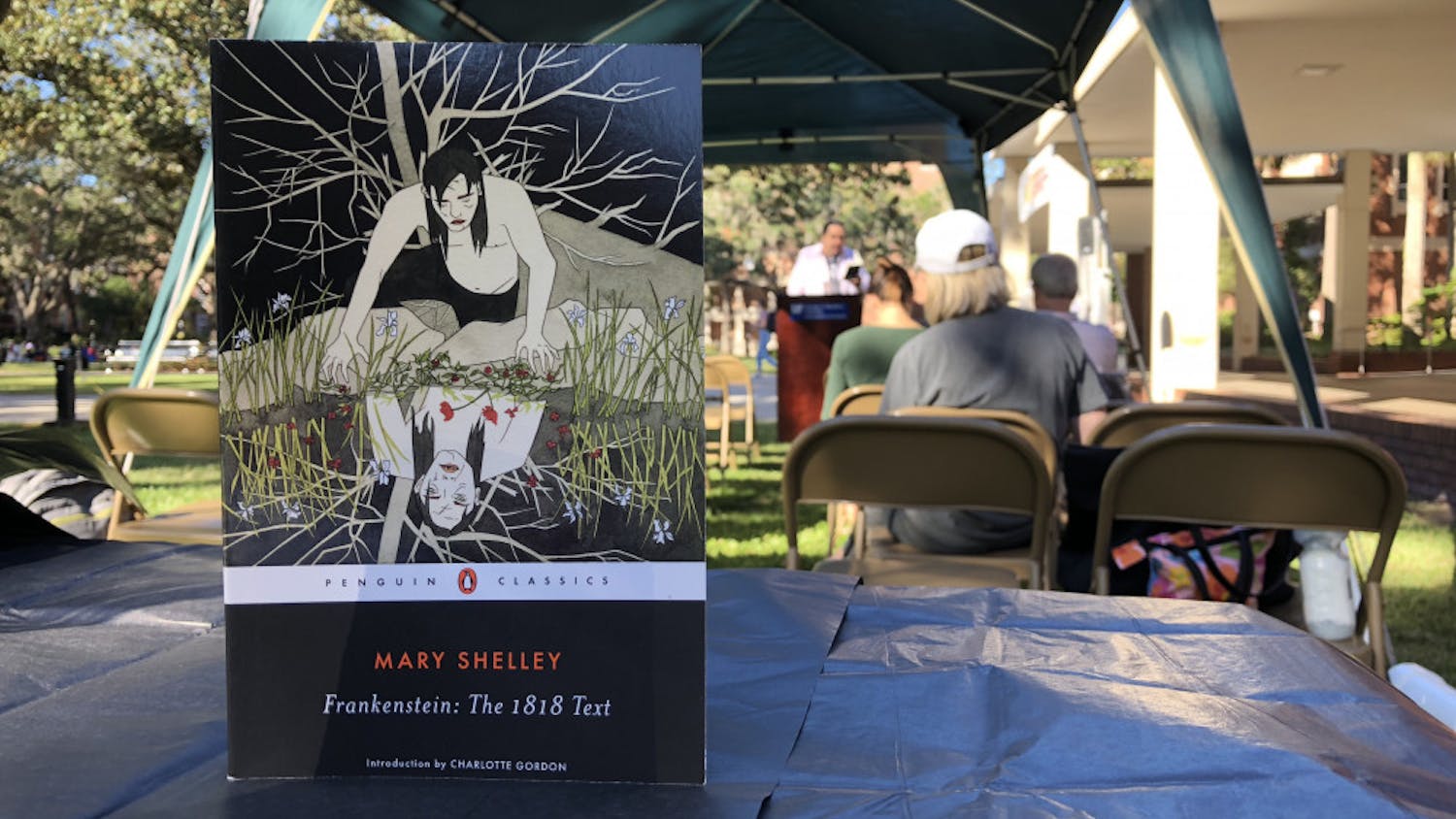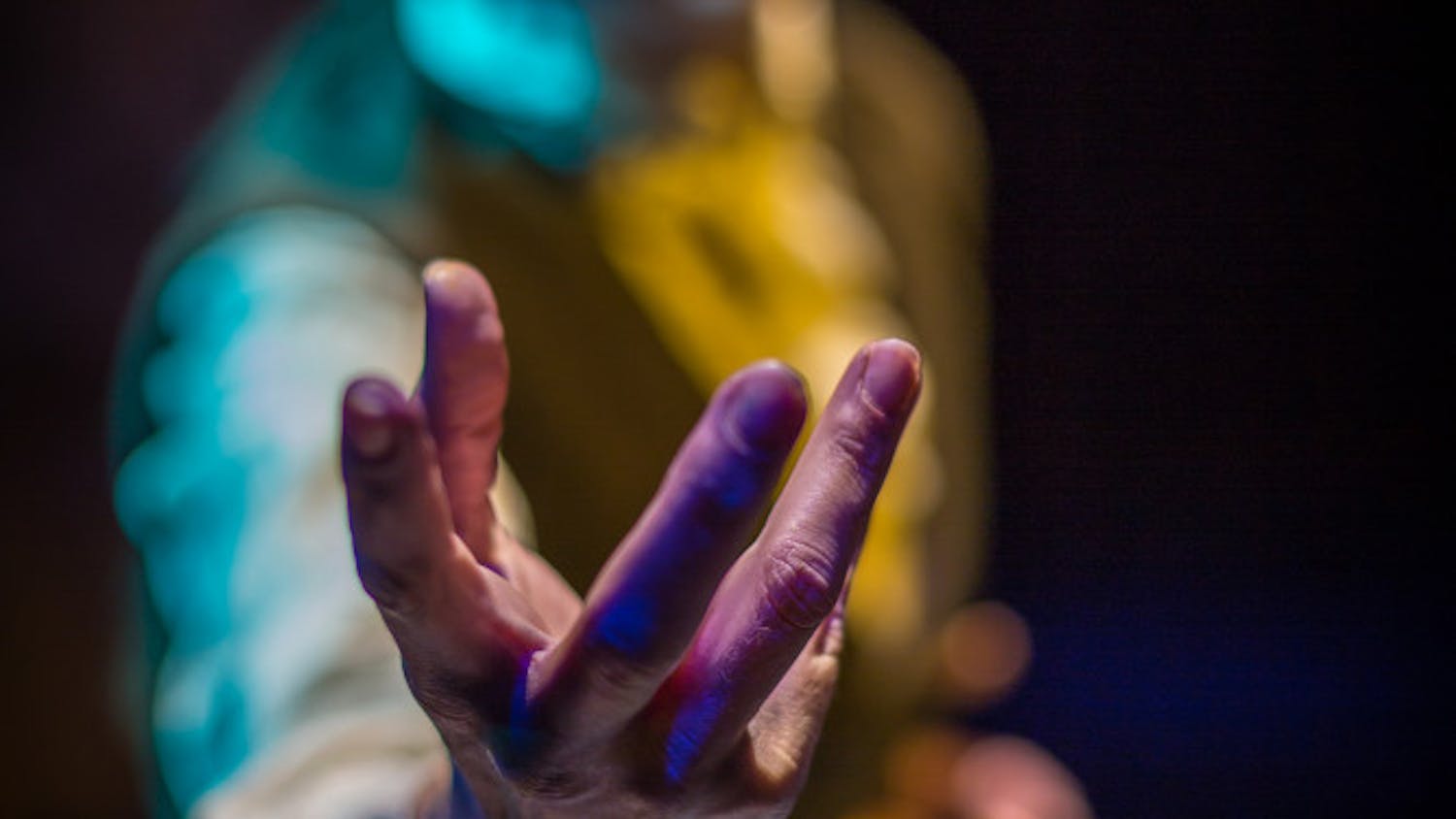“Gatsby believed in the green light, the orgiastic future that year by year recedes before us. It eluded us then, but that's no matter--tomorrow we will run faster, stretch out our arms farther....”
Of all the qualities the great man Jay Gatsby possesses in F. Scott Fitzgerald’s famous novel, hope resonates the most. He hopes for the happiness he felt years ago, hopes for reciprocating love, hopes for success, hopes for the transformation of his dreams to reality.
Gatsby and his affairs in the pinnacle of material wealth of the 1920s resonate more today than they ever have. It is within this marriage of hope and consumptive culture that the modern world relates to the story of Gatsby and Nick Carraway.
Let us draw a parallel: fresh out of a costly war, the conspicuous flow of alcohol, gossip, rumors, and loss of previous values all shape the new mass culture. Now if none of this sounds familiar, perhaps the media should shift away from the Kardashian’s a moment to the true “reality” of our lives.
An article in the New York Times from 2002 adds “It's no wonder that the last 'Great Gatsby' revival was in 1974, tied to the release of the movie starring Robert Redford, in a country shaken to its core by the revelations of Watergate.” It seems that at every turn, "The Great Gatsby" takes on new meaning.
“Gatsby believed in the green light, the orgiastic future that year by year recedes before us. It eluded us then, but that’s no matter—tomorrow we will run faster, stretch out our arms farther . . .. And then one fine morning— So we beat on, boats against the current, borne back ceaselessly into the past.”
The concluding statement of the novel relates us to boats against the current, fighting to achieve success, yet stuck in the past. We may have dreams, ties to places or people previously in our lives, or tirelessly enduring optimism that blinds and obscures the truth. However, Gatsby teaches us that although these qualities may hold us back, it is one’s past that shapes their future. Since his childhood, the man who was born James Gatz strove to become the best version of himself and create in reality the life that was in his imagination at 17.
Through the love, heartbreak, money, fame, liquor, and revelry, Gatsby keeps hope for his future with Daisy. Most would take him as a fool, but it takes Nick Carraway’s fresh mind to appreciate the incredible challenges that the ability to dream brings. It is the disconnect between dreams and reality that causes the wishes of the past to swell up like waves on the bay and threaten to capsize the vessel of hope bearing the emblem of Jay Gatsby.
In today’s world, we are encouraged to follow our dreams as a child, but then as we mature, told to give up on these fanciful notions and think logically about the future. As college students, Gatsby is more than a character -- he is a companion. Fitzgerald does not give us answers, yet leaves each reader to his own devices and to make his own decision within the 189 pages.
Until next time,
I’ll be certainly glad to see you again.






